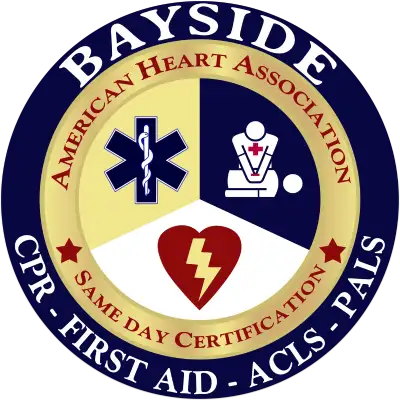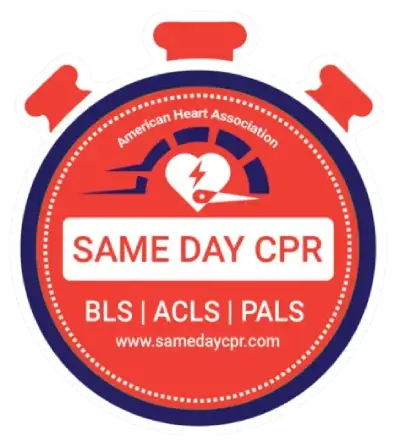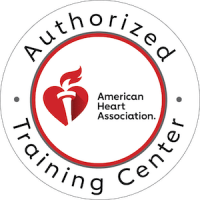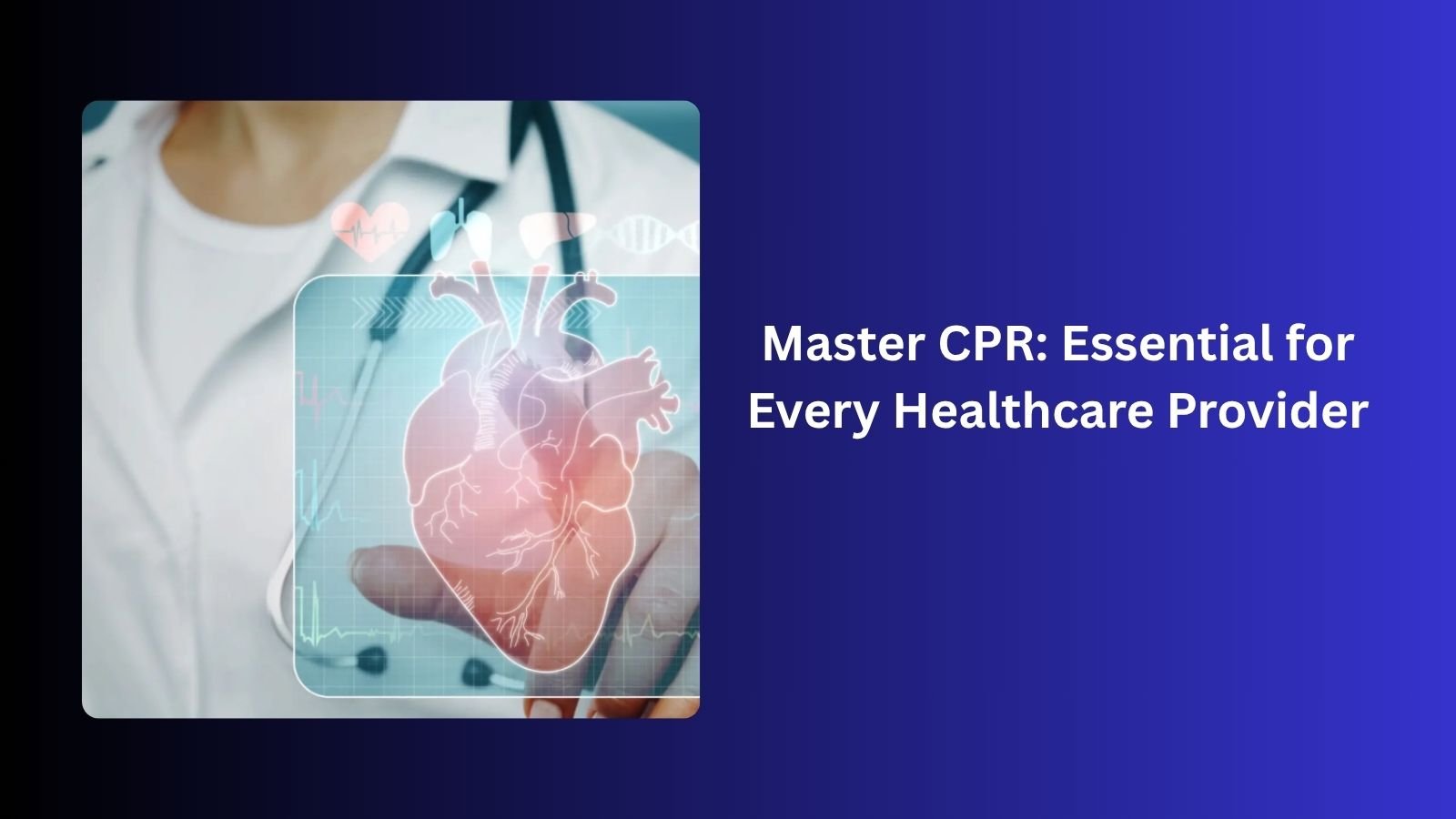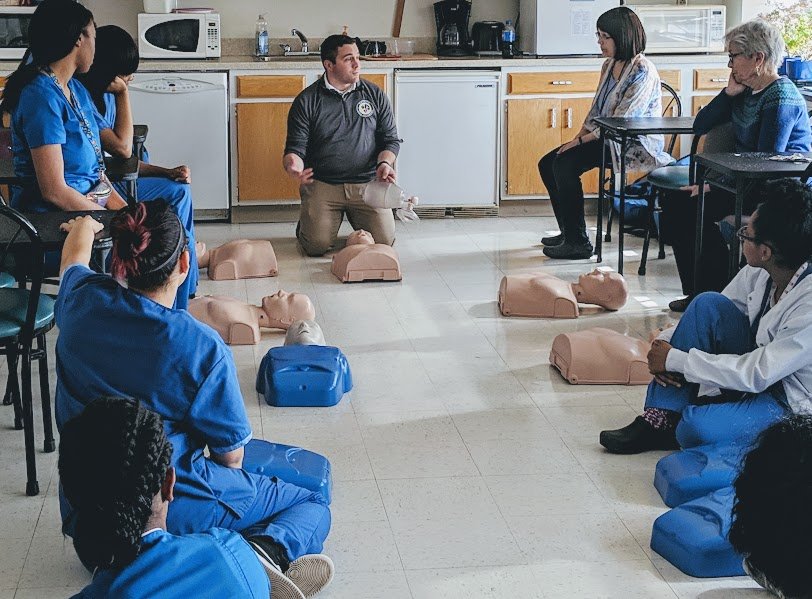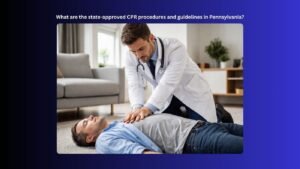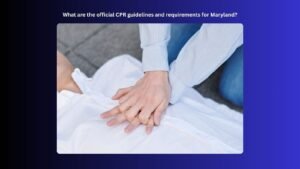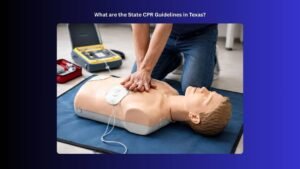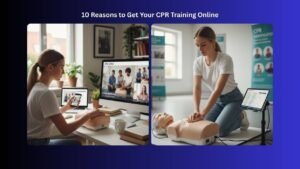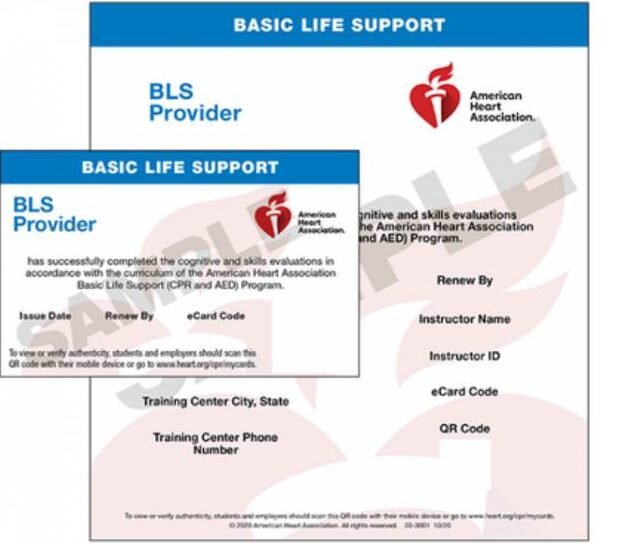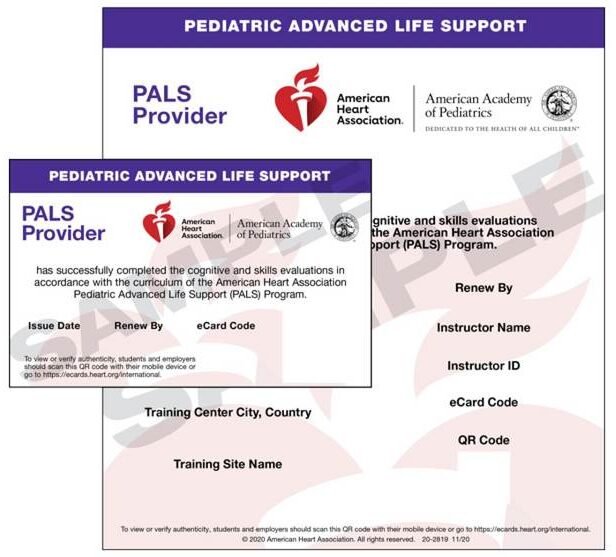A sudden cardiac arrest (SCA) leaves no time for hesitation; it demands immediate, skilled action. When no professional healthcare providers are around, anyone nearby should step in and begin CPR immediately.
No rule says you have to be highly trained to start CPR. While proper training definitely makes CPR more effective, even untrained hands can save a life by simply starting chest compressions. While lay responders might hesitate in emergencies, healthcare professionals find themselves in these situations that arise, and they can’t afford to pause or doubt. For them, performing CPR isn’t optional, but it’s a core part of their responsibility. Whether inside a hospital or out in the community, healthcare providers must be ready to act right away.
And to do that, they need more than just basic knowledge; they need proper, up-to-date CPR training that allows them to master their skills and be professionally prepared when it matters most. Here is to guide you through the CPR certification courses we offer, whether you’re just starting or renewing your certification. Each course is up-to-date with the latest guidelines and designed to help you master CPR skills.
Explore Our Comprehensive Emergency Training
As a healthcare provider, your skills in CPR can mean the difference between life and death in an emergency. An effective CPR improves patient survival rates and is a crucial competency for hospitals and licensing boards. Our training courses ensure you’re prepared for emergencies and commit to saving lives.
• CPR Training
This course offers detailed instruction on CPR differences: infants, children, and adults, following the latest international guidelines. You’ll learn not just the steps, but also how to recognize cardiac arrest early, deliver high-quality chest compressions, and maintain effective rescue breathing. Through hands-on practice, you’ll build the confidence to act accurately when it matters.
• AED Training
Automated External Defibrillators (AEDs) are vital tools in cardiac emergencies. This training teaches you how to identify when an AED is needed, operate the device safely, and integrate its use seamlessly with CPR efforts. Combining AED knowledge with CPR skills greatly improves a patient’s chance of survival.
• Basic Life Support (BLS)
BLS certification goes beyond individual CPR skills. It covers teamwork, effective communication, airway management, and two-rescuer CPR techniques essential in clinical environments. This course prepares healthcare providers to lead or assist in emergencies efficiently.
• Advanced Life Support Integration (ACLS/PALS)
For providers advancing their skills, mastering CPR is the foundation for successful Advanced Cardiac Life Support (ACLS) and Pediatric Advanced Life Support (PALS). These courses build on your CPR skills with protocols for managing complex cardiac and respiratory emergencies in adults and children.
• On-Site Group CPR Training
Group healthcare training programs are available, with on-site CPR education for schools, colleges, workplaces, or other organizations. By offering accessible training locations, more healthcare providers can benefit from these essential programs. The knowledge and confidence gained from these courses empower professionals to act decisively and efficiently during critical moments.
Importance of CPR Certification For Healthcare Providers
As a healthcare provider, your skills in CPR can mean the difference between life and death in emergencies. An effective CPR improves patient survival rates and is a crucial competency for hospitals and licensing boards. Our certification programs ensure you’re prepared for emergencies.
• Advanced Decision-Making Under Pressure
Providers must rapidly assess patient condition, determine the need for CPR, and coordinate care within seconds.
• Integration with ACLS/PALS Algorithms
Healthcare providers should first master CPR and become certified in order to effectively implement Advanced Cardiac Life Support (ACLS) and Pediatric Advanced Life Support (PALS) protocols.
• Higher Responsibility in Patient Outcomes
Healthcare providers regularly face intense, high-pressure situations where quick, decisive action can mean the difference between life and death. That’s when CPR isn’t just a basic requirement, but a life-saving skill that demands confidence, speed, and precision. Getting certified is important, but healthcare providers are required to master their skill from regular practice, hands-on experience, and keeping up with the latest guidelines. This way, providers are always ready to give the best care when it matters most.
• Team-Based Code Response
CPR in a hospital setting involves a coordinated team. Providers need to work closely together, communicate clearly, and take charge when necessary during code blue or trauma responses to ensure optimal patient outcomes.
Key CPR and Emergency Response Skills
Healthcare professionals are expected to take immediate action in life-threatening emergencies. Our CPR training focuses on mastering the essential skills that prepares you for this reason, whether you’re a nurse, emergency medical team (EMT), physician assistant, or clinical staff member. We cover:
- Chest compressions and rescue breaths following the latest AHA guidelines.
- Airway management techniques, including use of bag valve masks.
- Proper use of an Automated External Defibrillator (AED).
- Real-time emergency response practice to help build confidence under pressure.
- Hands-on scenarios for adult, child, and infant CPR.
Our training also prepares you to educate others like in family CPR, community CPR, and bystander CPR settings, empowering bystanders to act in emergencies.
Mastering Life-Saving Skills: The Ultimate CPR Certification
In summary, CPR is more than a skill; it is a responsibility that can save lives in critical moments. With the right training and regular practice, healthcare providers gain the confidence to act quickly and effectively, whether they are alone with a patient or part of a coordinated team. Every chest compression, every rescue breath, and every timely use of an AED can make a real difference. By staying up to date with the latest guidelines and mastering hands-on skills, providers are ready to respond to emergencies with precision and care. Investing in CPR certification and continuing education ensures that you are prepared, capable, and empowered to protect lives whenever it matters most.
Begin making a difference by signing up for a CPR class today. Bayside CPR provides fast, convenient training developed for busy professionals. The program features a short online module followed by a 30-minute hands-on skills session at over 60 locations. Earn your AHA certification in ACLS, BLS, PALS, CPR, or First Aid, and receive your certification card the same day.
